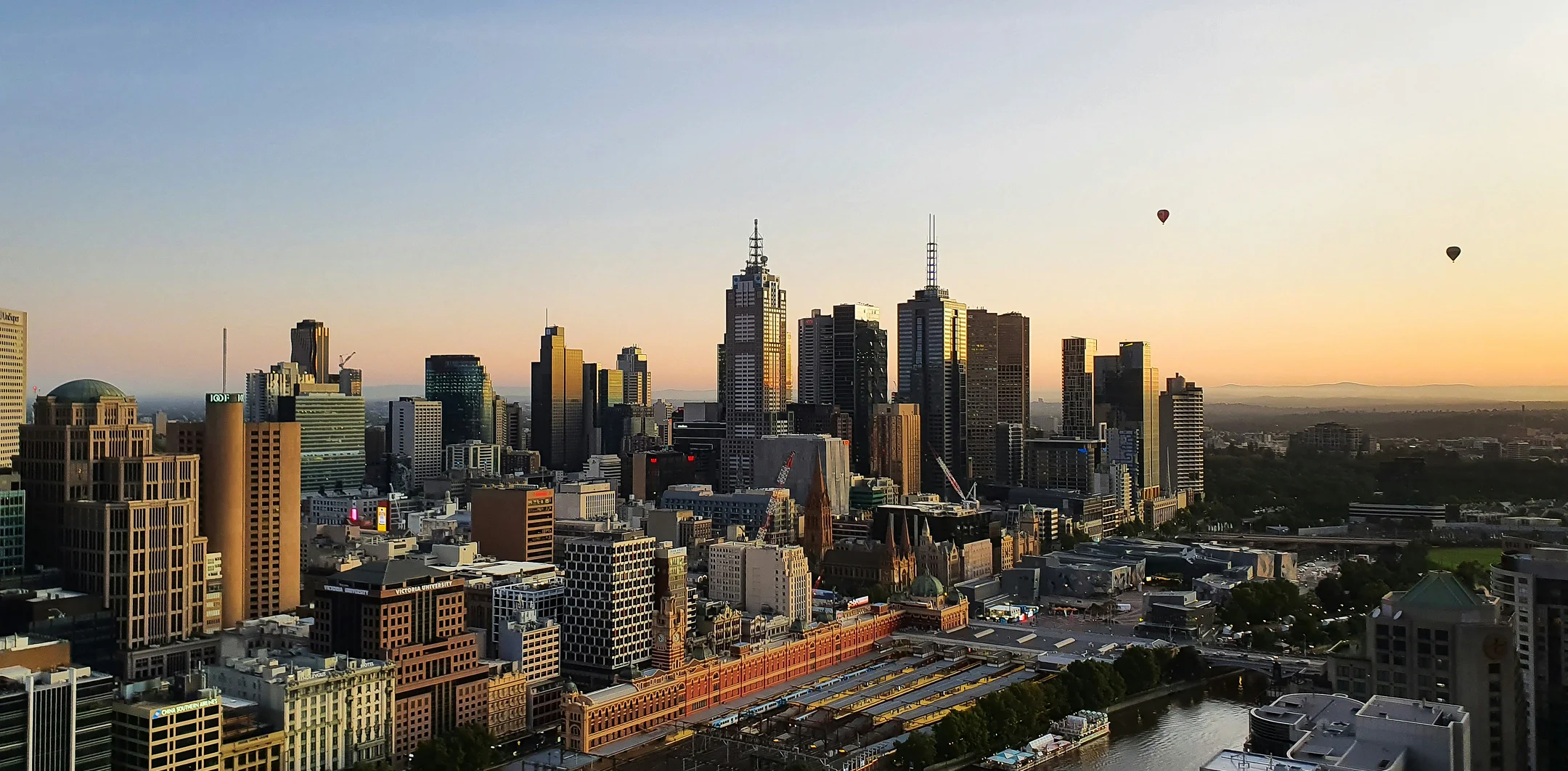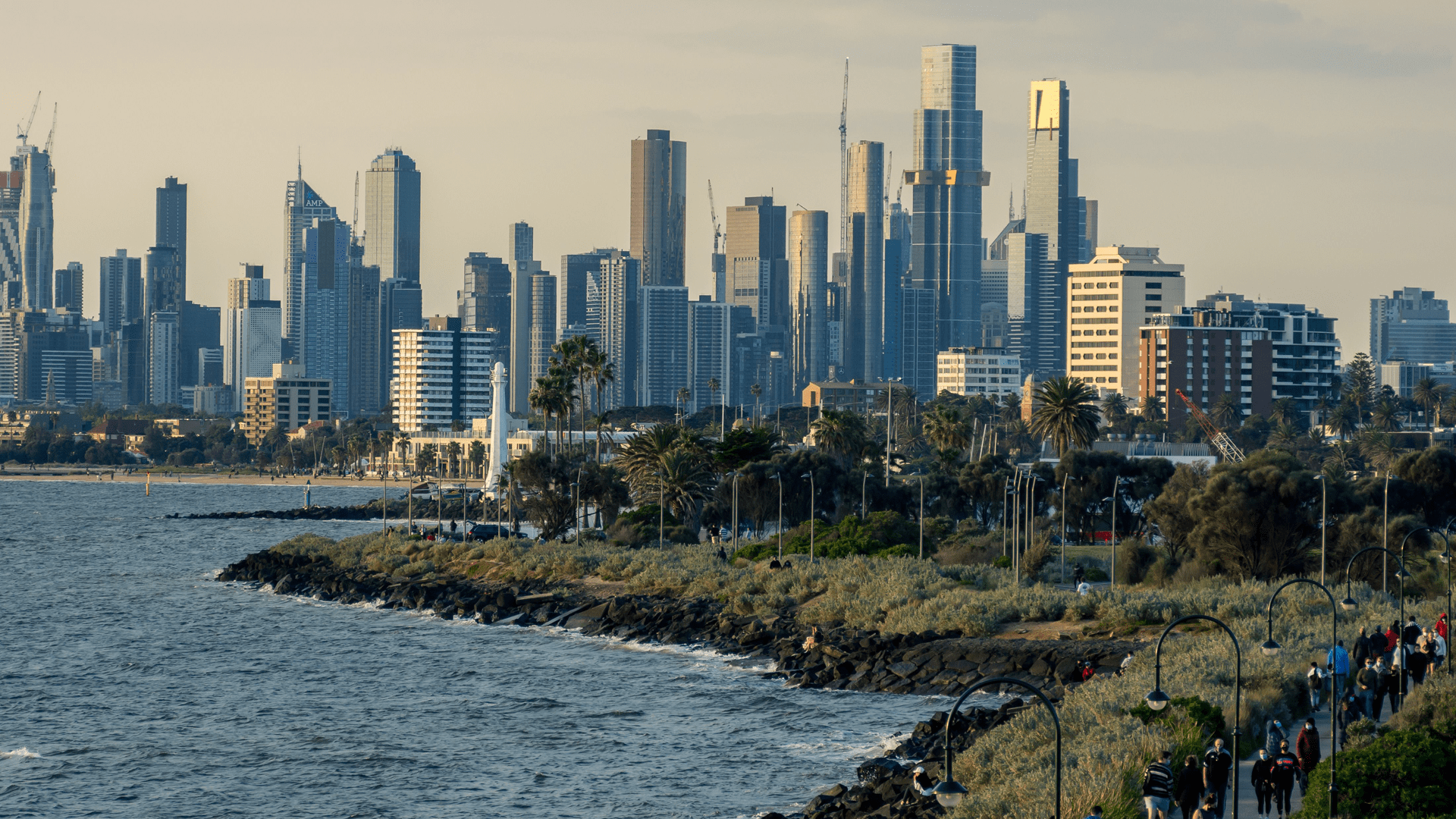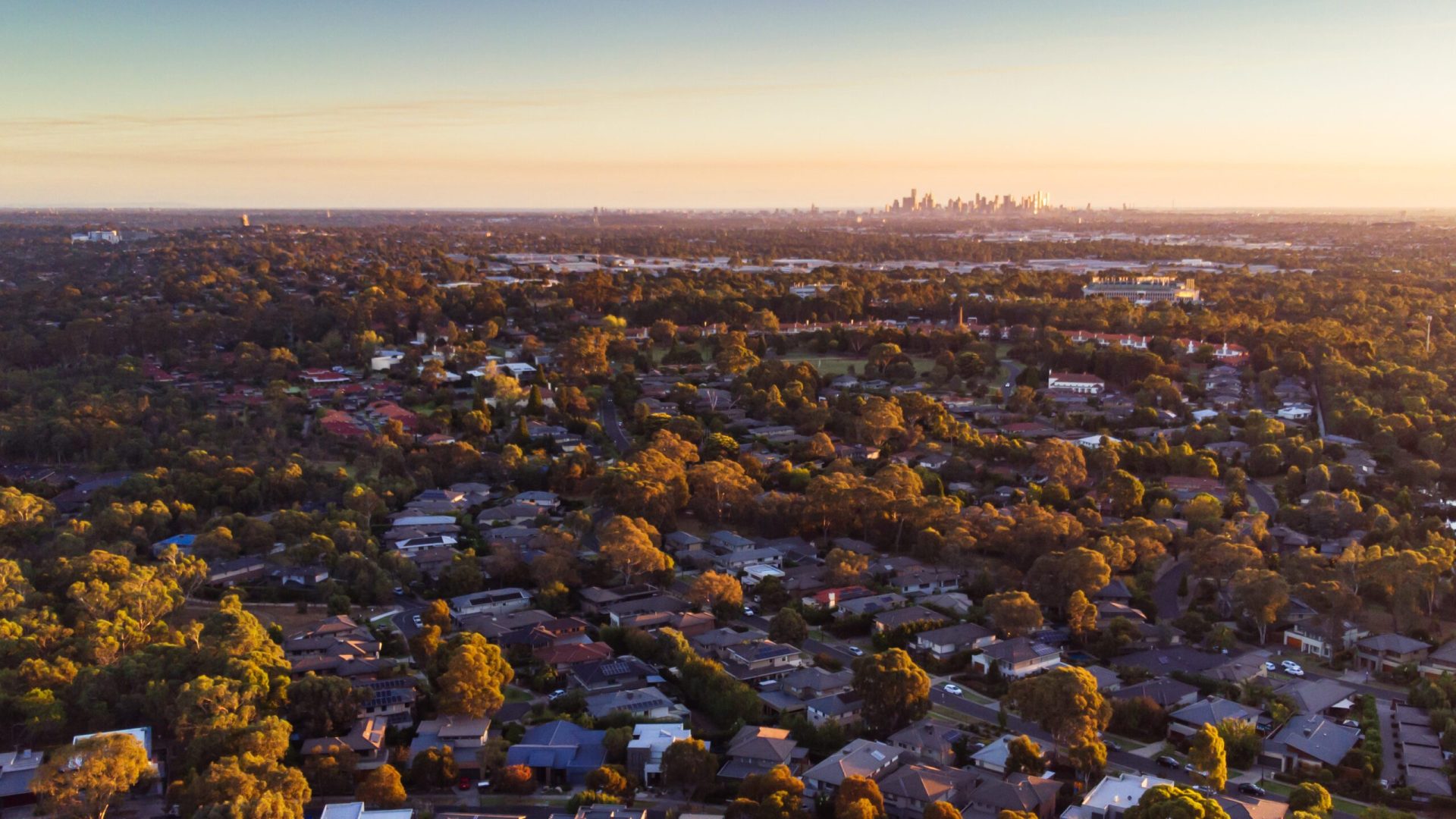The recent move by the Reserve Bank to lift interest rates has created a lot of commentary. But how much of it is based on fact and how much is hype?
It’s true we are clearly moving out of one of the longest continuous periods of rates going down and staying low in recent times.
The Reserve Bank’s recent lift in interest rates was the first rise in nearly 11 years. Yes, for the past 11 years, interest rates have only gone down.
So, what does this really mean for property investors? Both those already in the property market and those just thinking of getting in for the first time.
The first thing to recognise about the rate rise is to realise the actual impact. At just a 0.25% rise, the extra amount in repayments on an average Australian mortgage of $500,000 is just $65 a month. That’s a coffee every second day.
The hype around the rise is bigger than the rise itself.
But those who have been in the property market for quite a while, have seen, and heard, it all before.
The predicted property crash of 2000 with the introduction of the GST spooked a lot of people at the time, but it never eventuated. For someone who bought property in 1998 for example, would not have suffered any crash in 2000 but not only didn’t property fall, they benefited from very strong growth in property values from 1998 through to 2007/8 in all major capital city markets.
Everyone tends to forget this period of strong growth because of what happened in 2008 – the GFC.
But even this didn’t have the impact expected because in Australia, the fundamentals and the lending policies were much sounder and robust than other markets, like the US.
Inflation is the other buzz word of the moment. But again, history is instructional when it comes to property. For those with long memories of the 80s, inflation ran riot from 1982 to 1987 but the facts show that prices went up in Sydney and Melbourne by 150% and rents went up by 130%.
While the armchair critics and doomsday merchants in the media love to tout interest rate rises and inflation is the crash that’s been coming… the facts of the matter are that any objective analysis of the long-term view of the market and the factors surrounding it are very simple.
Interest rates go up. Interest rates go down. Inflation goes up. Inflation goes down. House prices go up. House prices go down.
None of this is shocking. It’s to be expected. That’s why it’s so important to focus on fundamentals, and hold for the long term.
Ultimately property investing is all about the fundamentals. Not the intermittent shifts in variables like interest rates and inflation. They have an effect but not nearly as great an effect as the hype that accompanies them.
So, it’s important for investors to block out the “white noise” of the media and commentators all having their say and making predictions about which way the market will go. Just remember their motivation is to create excitement or fear, not to inform with fact. The factors influencing the property market are much more nuanced than selecting one variable as if it controls that market in isolation of everything else.
Often the banks can get their predictions wrong. At the start of the Covid pandemic, one of the major banks predicted that house prices would fall between “3- 32%”. Note that is a very large range and indicated how uncertain even the banks were at the time. The result was the complete opposite. After 2 years of the pandemic, prices were up by over 30%.
A 32% predicted fall versus a 30% actual rise, that’s a 60% difference in outcome!
Remember when it comes to interest rates to also keep a sense of perspective. We are not talking about interest rates jumping to 5% or even 10%. We are talking about rates that were at 0.1% rising to 0.35%. Even with the predicted 5 rate rises over the next 12 months or so, we could see a rate of 1.5%. That is still very low in historical terms.
But the biggest point to recognise about interest rate rises is that they only occur as the result of things happening in the economy. They almost never rise in isolation. Generally, the factors that lead to interest rate rises are positive things like job creation, wage growth, tight labour market, shrinking unemployment rates, rising rents and prices.
So, when interest rates go down, your property portfolio is more effective from a cashflow perspective. But when interest rates rise, then that usually means rents will rise too. And given that the money that fuels your investment portfolio comes from rent, then if rents rise in line with interest rates, the net effect on your portfolio could be negligible if anything at all.
It’s no surprise then, that experienced investors often chant the mantra “when interest rates go up then rents go up”.
Smart property investors also understand that if you choose the right kind of investment property to maximise your tax benefits, then even if interest rates go up, the cashflow that comes in can help compensate for the small amount of increased costs, leading to no net effect on your out of pocket expenses.
If you’d like to know more about how interest rates can influence your property portfolio and which type of investment properties are most tax effective, it pays to get expert advice.
A strategy session with one of the property experts at OpenCorp is completely free of charge and comes with no obligation whatsoever. It could help you discover how to benefit from the current market. To find out more and book your session, click here.








